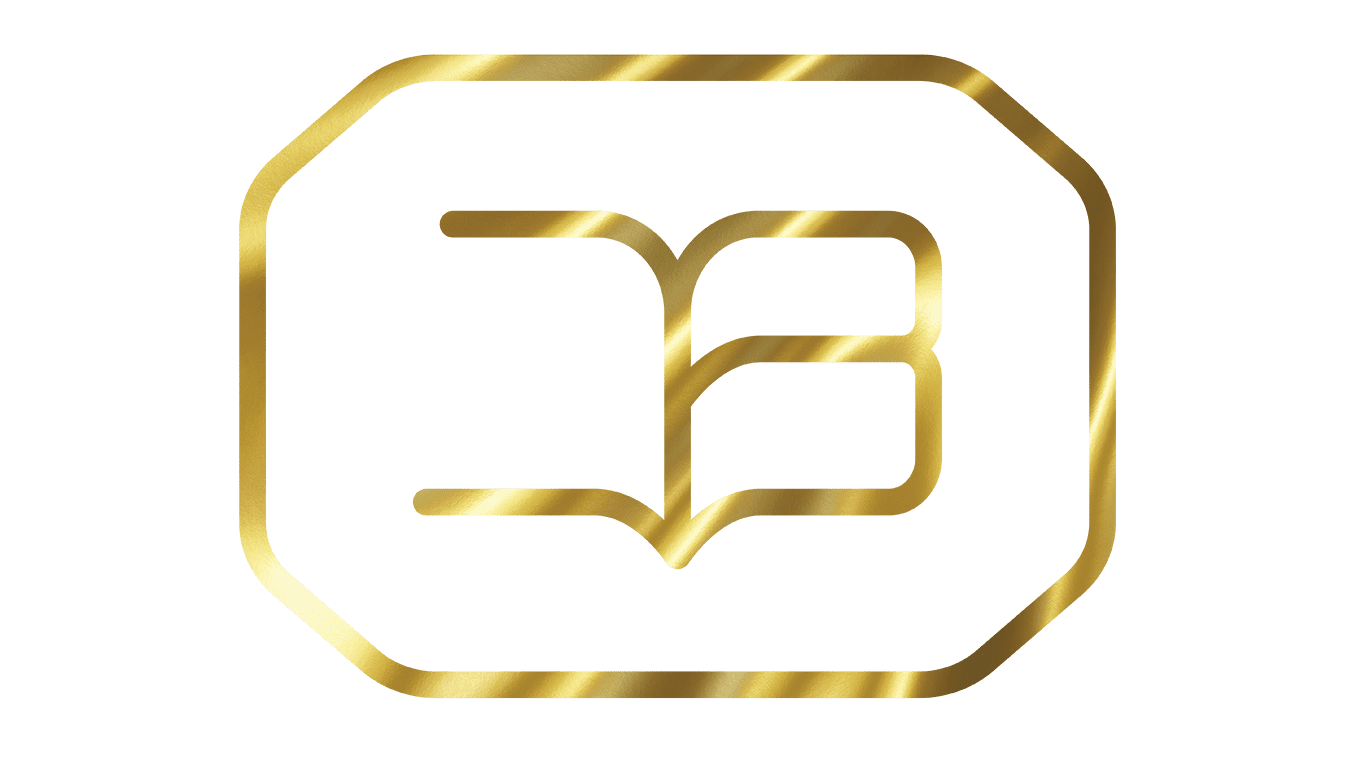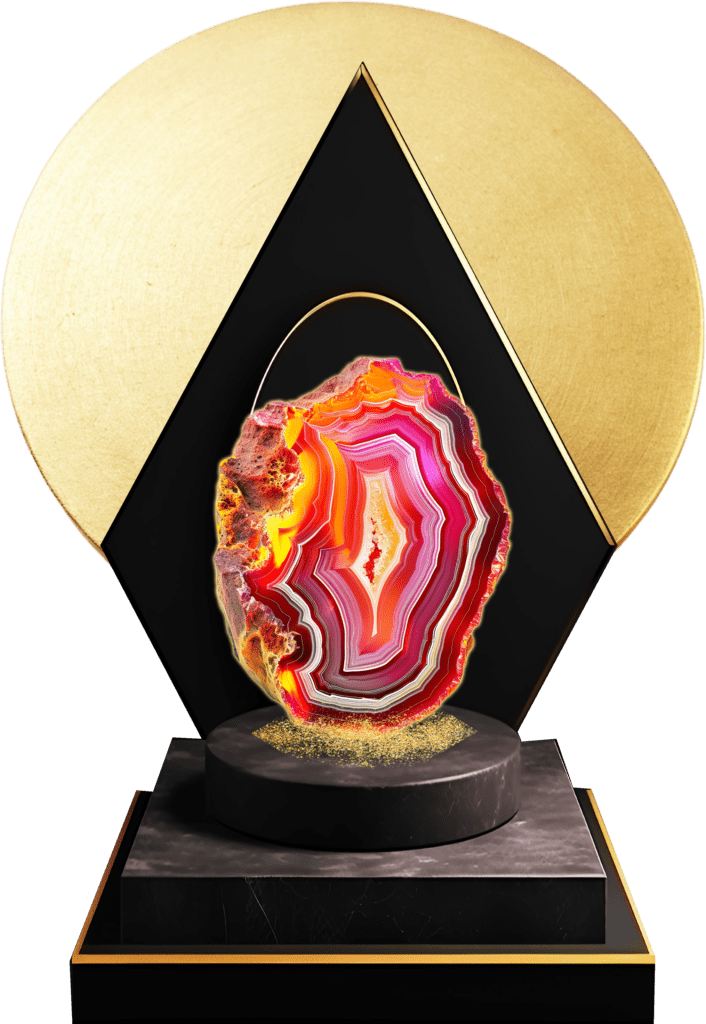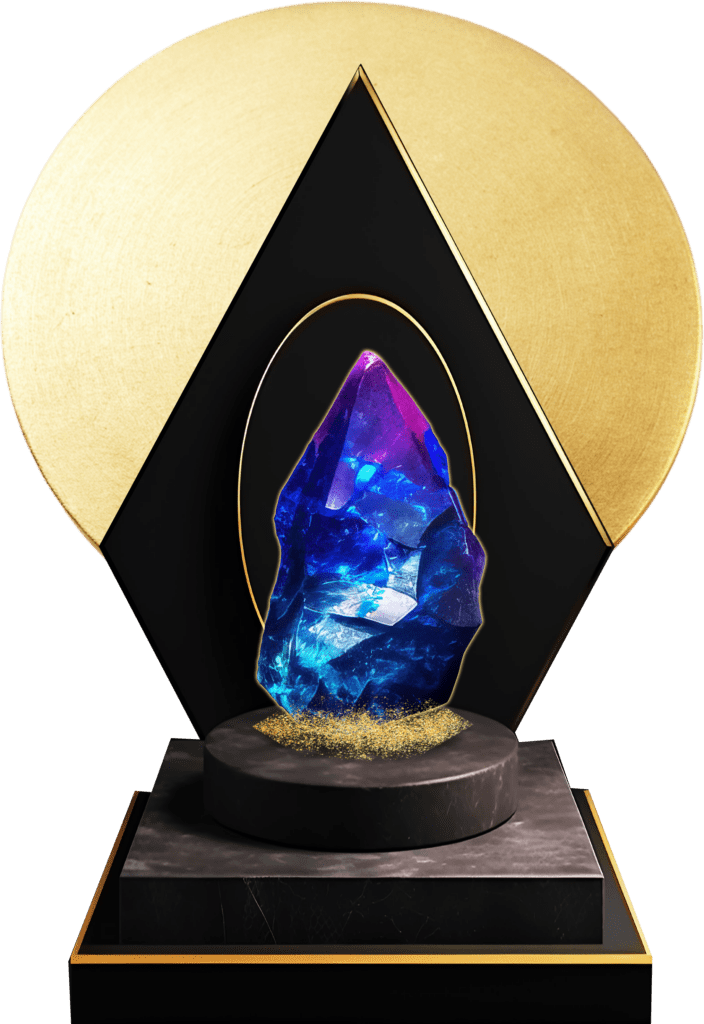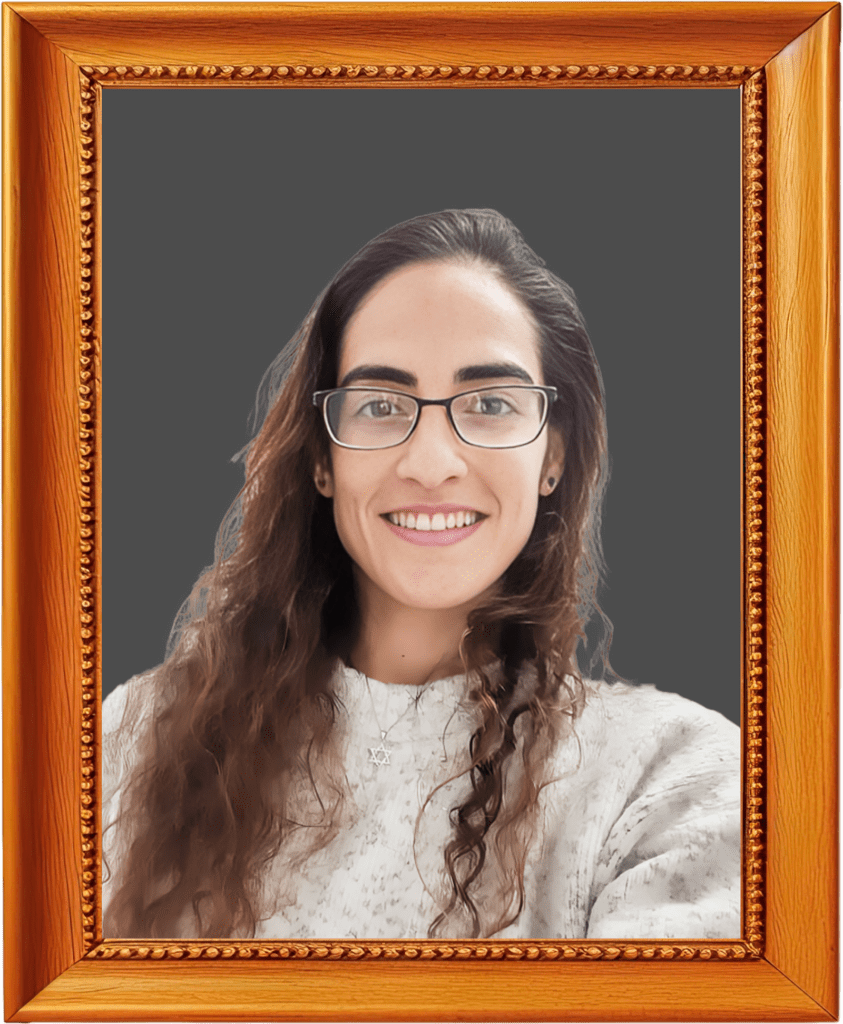צרו איתנו קשר!
מיקרוביולוגיה
מסע אל הזעירים המניעים את גלגלי החיים
Microbiology
A Journey into the Microscopic Entities Driving the Wheels of Life
About The Course
על הקורס
מיקרוביולוגיה היא תורת החיים הקטנים. בקבוצה זו נכללים התאים הפרוקריוטים כגון חיידקים וארכיאה וכן יצורים שאינם תאים כמו נגיפים (וירוסים), וירואידים ופריונים.
זהו אחד התחומים הנחקרים ביותר בעולם המדע היות ומגוון המיקרואורגניזמים בסביבה הינו עצום, מגוון, עשיר ובעל תרומה רבה להתפתחות עולם החי והצומח.
השפעת המיקרואורגניזמים אינה רק רפואית, כמו שאנו רגילים לחשוב, אלא גם שימושית בתעשיית המזון, בחקלאות, בביוטכנולוגיה, באקולוגיה ובהפקת אנרגיה.
קורס מונומנטלי ויוצא דופן זה יזמין את המשתתפים להיחשף לעולמה המרתק והמסתורי של המיקרוביולוגיה על היבטיה הרבים והמגוונים. בפתח הקורס, יוצגו האבות המכוננים של המדע הזעיר – חלוצים כמו לוּיְנהוֹק, פסטר ואחרים שזיכו אותנו בגילויים מקריים ומכוונים מרחיקי לכת. לאחר מכן, המשתתפים ייקחו חלק במסע מעמיק אל תוך מגוון החיידקים והארכיאות, נוכחותם הנרחבת בסביבתנו, תרומתם העצומה לעולם החי והדרכים ליישם את הידע הזה לטובת הצרכים האנושיים.
הסילבוס הנרחב יאיר את המבנים הפנימיים והחיצוניים של התאים הפרוקריוטיים במלוא תפארתם, החל מממברנה ציטופלזמטית ושוטון, דרך מבנה ה-DNA הייחודי, פלסמידים ודופן בקטריאלית שונה בין גרם חיובי לשלילי. הקורס יקנה כלים להבנת הרלוונטיות הקלינית והתרופתית של ההבדלים המבניים הללו. בפרקים ממוקדים, יורחבו השיטות המחקריות הקלאסיות והמודרניות ביותר במיקרוביולוגיה כמו מיקרוסקופיה, גנטיקה מולקולרית, פלורוסנציה, ביוכימיה ותהודה מגנטית.
בנוסף, נכיר את תזונת החיידקים, נלמד על אופן השגת הנוטריינטים ע"י החיידקים וכיצד ניתן להשתמש במידע זה על מנת לתרבת אותם במעבדה ולהתאים את השימוש במצעי הגידול לאופי החיידקים.
נלמד גם על אמצעים להאטת או הפסקת גידול המיקרואורגניזמים בסביבה ו/או כחלק מטיפול תרופתי או תעשייתי כגון אנטיביוטיקות מסוגים שונים והמנגנונים הפעילים שלהן, פסטור, עיקור, אוטוקלאב, קרינה פיזיקלית ושימוש בבקטריופאג'ים.
בקורס נצלול פנימה לעולם המעשי ע"י צפייה בסרטונים ותמונות מהמעבדה ונכיר תהליכים מחקריים וקליניים הנעשים יום יום.
* הקורס יותאם לרמת כל שכבת גיל.
Microbiology is the study of microscopic life forms. This field encompasses prokaryotic cells such as bacteria and archaea, as well as non-cellular entities like viruses, viroids, and prions.
Microbiology is one of the most extensively researched areas in science due to the vast, diverse, and rich variety of microorganisms in the environment, which have significantly contributed to the evolution of flora and fauna.
The impact of microorganisms extends beyond medical applications, contrary to common perception. They play crucial roles in food industry, agriculture, biotechnology, ecology, and energy production.
This exceptional and comprehensive course invites participants to explore the fascinating and enigmatic world of microbiology in its many diverse aspects. The course begins by introducing the founding fathers of this microscopic science – pioneers like Leeuwenhoek, Pasteur, and others who gifted us with both serendipitous and deliberate groundbreaking discoveries. Subsequently, participants will embark on an in-depth journey into the diversity of bacteria and archaea, their ubiquitous presence in our environment, their immense contribution to the living world, and the ways to apply this knowledge for human needs.
The extensive syllabus will illuminate the internal and external structures of prokaryotic cells in their full glory, from the cytoplasmic membrane and flagellum to the unique DNA structure, plasmids, and the differing bacterial cell walls of Gram-positive and Gram-negative bacteria. The course will provide tools to understand the clinical and pharmaceutical relevance of these structural differences. Focused chapters will expand on both classical and cutting-edge research methods in microbiology, such as microscopy, molecular genetics, fluorescence, biochemistry, and magnetic resonance.
Additionally, we will explore bacterial nutrition, learn about how bacteria acquire nutrients, and how this information can be used to culture them in the laboratory and tailor growth media to the characteristics of specific bacteria.
We will also study methods to slow or halt the growth of microorganisms in the environment and/or as part of medical or industrial treatments, such as various types of antibiotics and their active mechanisms, pasteurization, sterilization, autoclaving, physical radiation, and the use of bacteriophages.
The course will delve into the practical world through viewing videos and images from the laboratory, familiarizing participants with research and clinical processes conducted daily.
* The course material will be tailored to the age of the learners.







